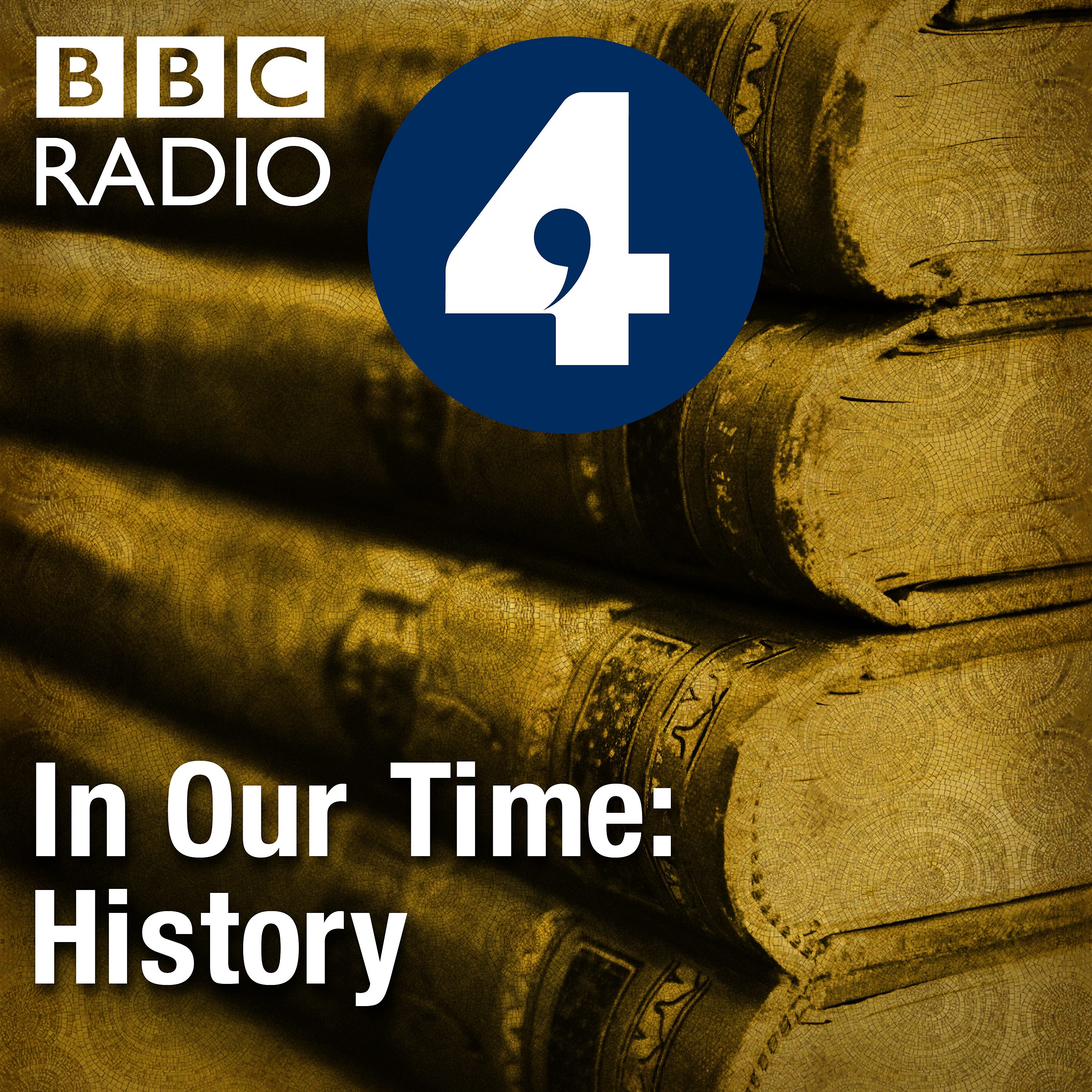The Manhattan Project
Description
Melvyn Bragg and guests discuss the race to build an atom bomb in the USA during World War Two. Before the war, scientists in Germany had discovered the potential of nuclear fission and scientists in Britain soon argued that this could be used to make an atom bomb, against which there could be no defence other than to own one. The fear among the Allies was that, with its head start, Germany might develop the bomb first and, unmatched, use it on its enemies. The USA took up the challenge in a huge engineering project led by General Groves and Robert Oppenheimer and, once the first bomb had been exploded at Los Alamos in July 1945, it appeared inevitable that the next ones would be used against Japan with devastating results.
The image above is of Robert Oppenheimer and General Groves examining the remains of one the bases of the steel test tower, at the atomic bomb Trinity Test site, in September 1945.
With
Bruce Cameron Reed
The Charles A. Dana Professor of Physics Emeritus at Alma College, Michigan
Cynthia Kelly
Founder and President of the Atomic Heritage Foundation
And
Frank Close
Emeritus Professor of Theoretical Physics at the University of Oxford and a Fellow of Exeter College, Oxford
Producer: Simon Tillotson
More Episodes
Published 10/31/24
Melvyn Bragg and guests discuss the notorious attack of 4th of May 1886 at a workers rally in Chicago when somebody threw a bomb that killed a policeman, Mathias J. Degan. The chaotic shooting that followed left more people dead and sent shockwaves across America and Europe. This was in...
Published 10/31/24
Melvyn Bragg and guests discuss one of the major figures in Victorian British politics. Disraeli (1804 -1881) served both as Prime Minister twice and, for long periods, as leader of the opposition. Born a Jew, he was only permitted to enter Parliament as his father had him baptised into the...
Published 10/17/24


